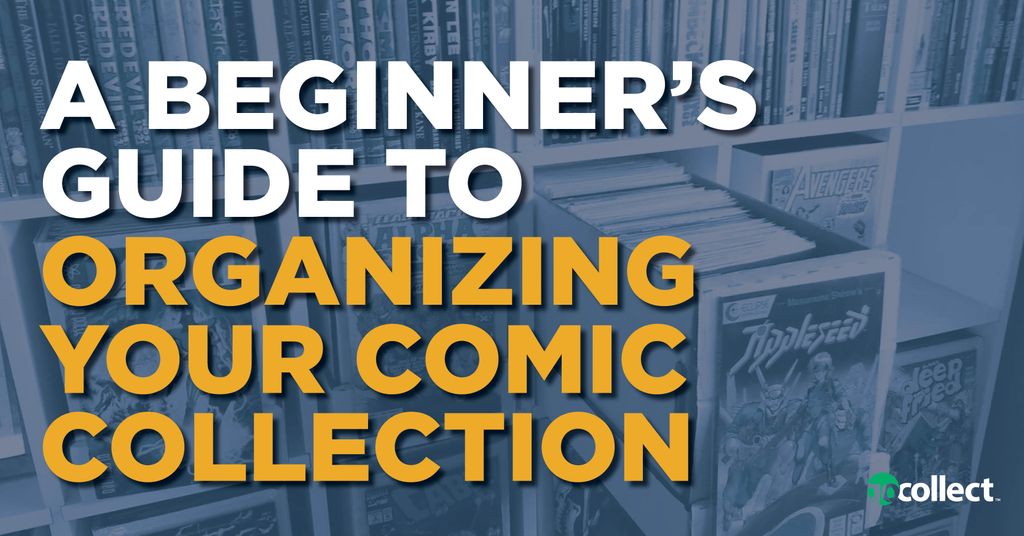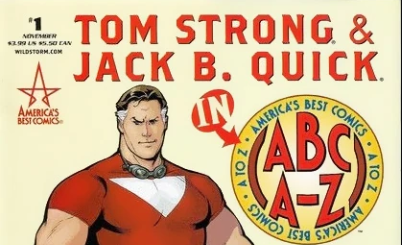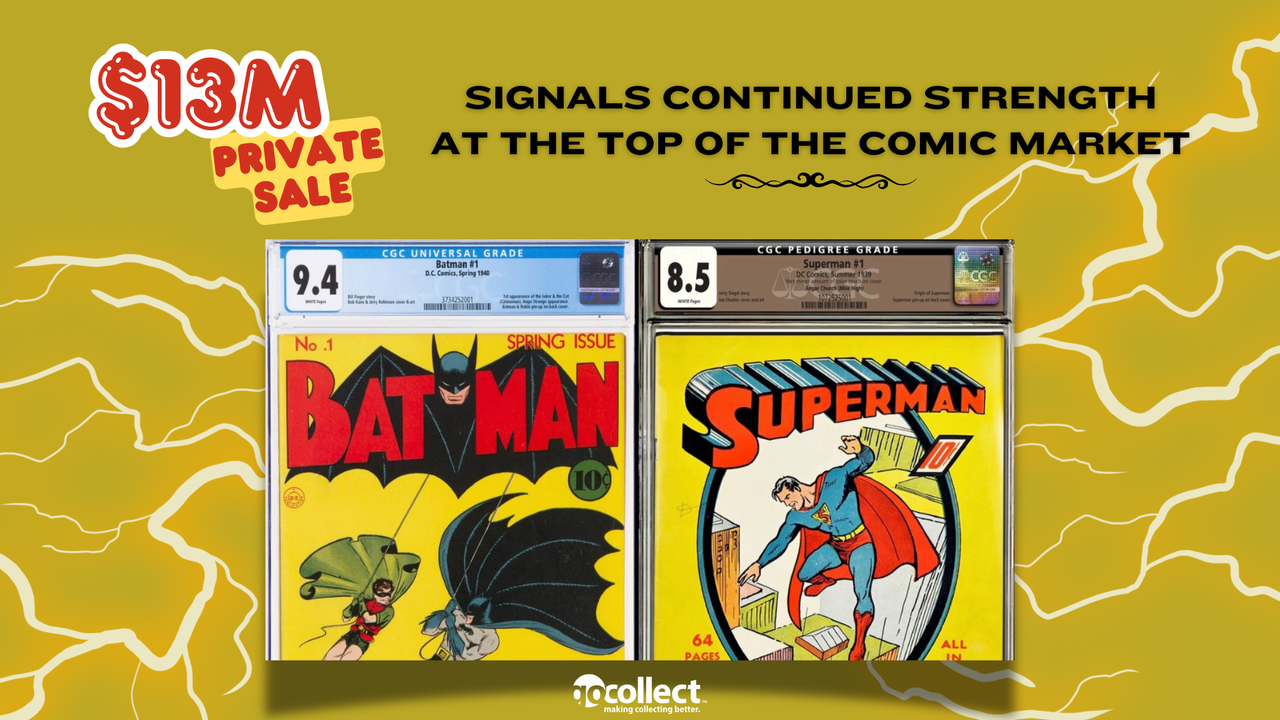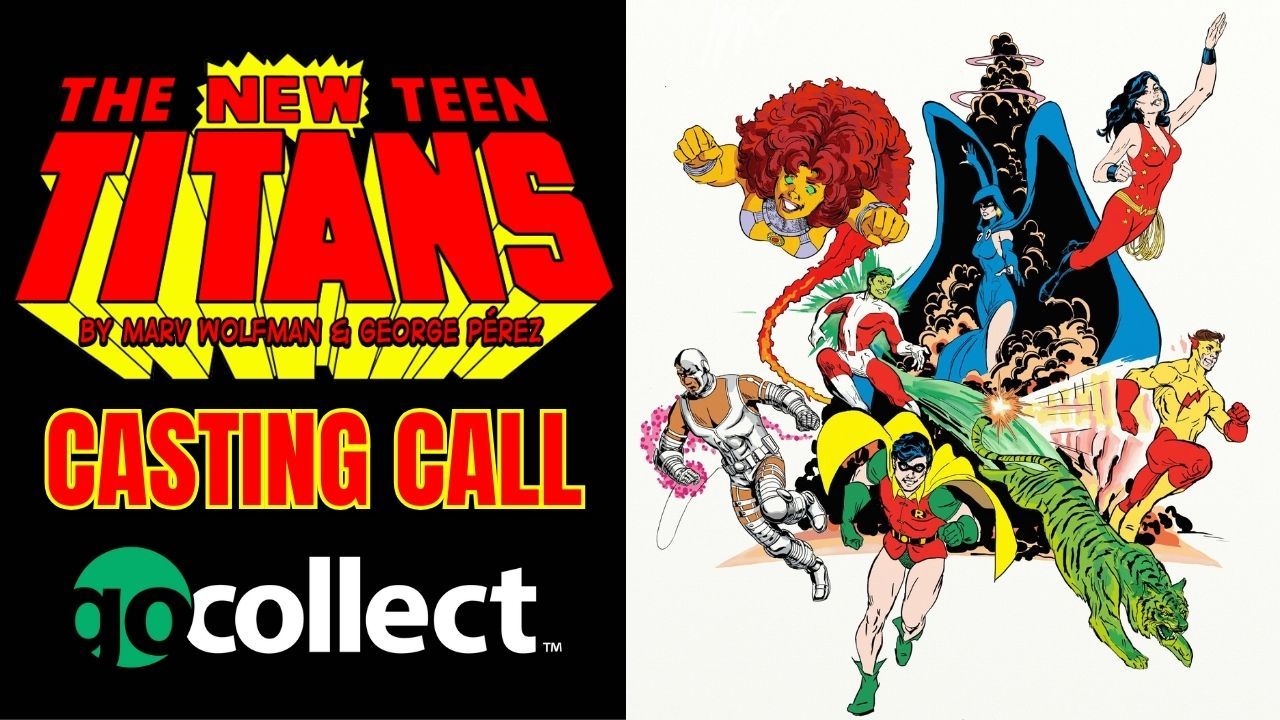Congratulations, new comic collectors! You've taken the plunge into the thrilling world of comic book collecting. Whether you're a fan of superheroes, sci-fi, fantasy, or any other genre, organizing your comic collection is essential to preserving and enjoying your treasures. In this guide, we'll explore different ways to organize your comics, helping you find the perfect method to suit your preferences and collection size.
If you are anything like me, you might have tried to organize it in different ways and just keep getting frustrated, thinking “There has to be a better way!” At the end of the day, you might find a different method that is all you own. That’s great! Here is a starting point, though. Now, if you are a veteran collector, or just super organized, let me know how you keep your collection organized in the comments!
Chronological Order

One of the most straightforward ways to organize your comic collection is by chronological order. This means arranging your comics in the order they were published, with the oldest issues first and the newest ones last. This method is perfect for collectors who want to trace the evolution of a particular character or storyline over time.
- Advantages: Easy to maintain, ideal for following character development, and tracking key story arcs.
- Drawbacks: Can be challenging if you have comics from different publishers or characters, as it might involve shuffling the collection frequently.
Alphabetical Order
Organizing your comics alphabetically by title is a popular choice among collectors. This method allows you to quickly locate specific issues and works well if you have a diverse collection spanning various titles and publishers. Currently, this is how I like to organize.
- Advantages: Easy to find comics, especially if you have a large and varied collection.
- Drawbacks: Doesn't provide insight into the chronological order of events or crossovers.
Numerical Order

Many comic series are identified by issue numbers, making numerical organization a logical choice. Arrange your comics in ascending order based on their issue numbers, which helps you keep track of missing issues and complete your runs.
- Advantages: Ideal for completionists who aim to collect every issue in a series.
- Drawbacks: Less intuitive for finding specific story arcs or titles, especially if you're new to comics.
Genre or Theme-Based

If you have a particular affinity for a specific genre (e.g., superhero, horror, sci-fi) or theme (e.g., team-ups, origin stories), consider organizing your collection accordingly. Group comics with similar themes together to create mini-collections within your larger one.
- Advantages: Showcases your interests and makes it easier to find comics that match your mood.
- Drawbacks: May require more thought when categorizing comics, especially if they fit into multiple genres or themes.
Publisher-Based

Some collectors prefer to organize their comics by publisher. This method is excellent for those who are devoted fans of a particular comic book publisher, such as Marvel, DC, Image, or Dark Horse.
- Advantages: Celebrates your loyalty to a specific publisher and helps you track their various series.
- Drawbacks: Can be challenging if you have a wide range of titles from different publishers.
Conclusion

Now, quite frankly I do a combination of most of these. I start by Publisher-based. Put all the Marvels together, all the Dark Horse, and so on. Then, date-based. Older at the back, newer in the front. Then alphabetical and then numerical. That’s what works for me!
Organizing your comic collection is a personal journey, and there's no one-size-fits-all approach. Newer comic collectors should experiment with different methods to discover what works best for them. Whether you choose to organize by chronological order, alphabetically, numerically, genre, theme, or publisher, the key is to maintain consistency and enjoy the process of curating your collection.
As your collection grows, you'll find that the right organization method not only makes it easier to locate your favorite issues but also enhances your overall comic-collecting experience. So, get started, have fun, and let your comic collection reflect your unique passion for this incredible art form. Happy hunting!






